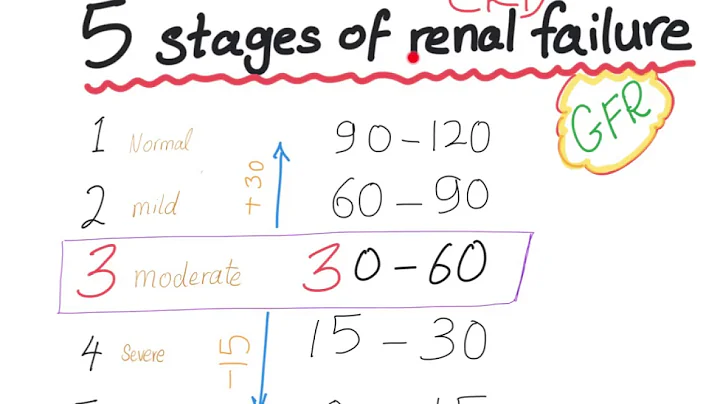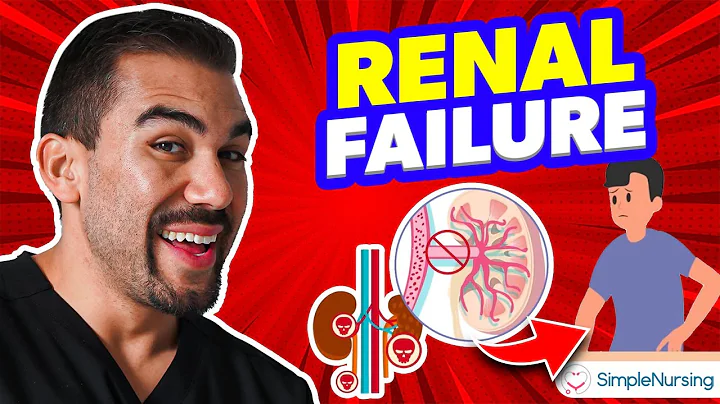The kidney is an important organ that maintains the metabolic balance of potassium ions in the body. About 90% of potassium ions in the body are excreted through the kidneys. However, in patients with chronic kidney disease (CKD) due to impaired renal function, the glomerular filtration rate (GFR) If the excretion of potassium ions is reduced and the excretion of potassium ions is blocked, hyperkalemia will easily occur. The "Expert Consensus on the Practice of Serum Potassium Management in Chinese Patients with Chronic Kidney Disease" recommends that hyperkalemia can be diagnosed when serum potassium is 5.0 ≥mmol/L.
Hyperkalemia is one of the most important metabolic complications of CKD. In the early stage, it often manifests as fatigue, nausea, bradycardia. As blood potassium increases, numbness of the extremities, muscle weakness , lowered blood pressure, confusion, and drowsiness will occur. In severe cases, it can cause difficulty breathing, hypotension , arrhythmia . If not treated in time, serious Hyperkalemia can lead to cardiac arrest and even death.

Dietary recommendations for chronic kidney disease or dialysis patients
Potassium intake = potassium content of food × food intake.

Staple food: Potassium content per 100 grams is 342 mg from potatoes, buckwheat noodles 304, and corn 238. You also need to control your consumption; while rice 30 mg, lotus root starch 35, and vermicelli 18 can be eaten with confidence.

Vegetables: There are many high-potassium foods in vegetables. The potassium content per 100 grams of food is: mushroom 3106 mg, dried white fungus 1588 mg, edamame 478 mg, spinach 311 mg, and lotus root 293 mg. For example, 200 grams of boiled edamame, which is often eaten in summer, contains 956 milligrams of potassium, which is also a serious excess of potassium.

Fruit: Important reminder: CKD patients should not eat high potassium fruits! When choosing fruits, try to choose fruits with less than 150 milligrams of potassium per 100 grams of food. For example, papaya, apple, mangosteen , mulberry , dragon fruit and so on. You can eat 200g of fruits with low potassium content per day; you can eat 100g-150g of fruits with medium potassium content (150-250 mg of potassium) per day; you can only eat a few mouthfuls of fruits with high potassium content. It is forbidden to eat and eat without stopping.

Tips to avoid high potassium diet
1. Wash all the ingredients after cutting them. It is recommended to avoid eating vegetables directly fresh. You can blanch the vegetables in boiling water, pour out the water and then fry them in a pot, which can greatly reduce the potassium content.
2. For root vegetables, such as potatoes, the skin must be removed, cut into thin slices, and boiled after soaking in water; avoid French fries and other fried potato foods.
3. Patients should try their best to choose vegetables with low potassium content, such as loofah, winter melon, etc.
4. Under normal circumstances, soups made from vegetables contain potassium. Patients are not recommended to eat soup with rice .
5. It is recommended to freeze meat in the refrigerator before cooking, which can also reduce the potassium content.
6. Choose simple desserts and avoid chocolate, cream cheese, ice cream and nuts, which are high in potassium.





















